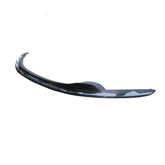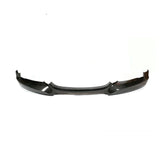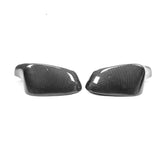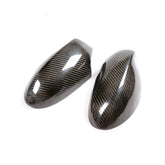Selecting the right tyres for your vehicle is crucial for ensuring safety, comfort, and performance across various driving conditions. All-season tyres are a popular choice for drivers who experience moderate weather patterns and want to avoid the hassle of changing tyres with the seasons. This guide will help you navigate the key factors to consider when choosing the best all-season tyres for your needs.

1. Understand All-Season Tyres
All-season tyres are designed to perform in a wide range of conditions including wet roads and light winter weather. They combine characteristics from both summer and winter tyres to provide a versatile option that can handle moderately hot temperatures, rain, and light snow.
2. Tread Patterns and Rubber Compounds
The effectiveness of all-season tyres lies in their tread patterns and rubber compounds:
- Tread Patterns: Look for tyres with a symmetrical tread pattern that offers a good balance between dry and wet traction. The presence of moderate siping (thin slits across the surface of the tread) helps improve grip on wet or snowy surfaces.
- Rubber Compounds: All-season tyres typically feature a rubber compound that is flexible enough to prevent freezing in cold weather yet hard enough to resist excessive wear in hot temperatures.
3. Wet and Dry Performance
One of the primary considerations when selecting all-season tyres is their performance in both wet and dry conditions:
- Wet Performance: Ensure the tyres you choose have excellent hydroplaning resistance and enhanced wet traction. This is often achieved through specific tread designs that help channel water away from the tyre’s surface.
- Dry Performance: Good all-season tyres should also offer solid performance on dry roads, including adequate grip and stability during cornering.
4. Snow and Ice Traction
While all-season tyres are not a substitute for winter tyres in severe snow and ice conditions, they should offer reasonable performance in lighter winter conditions:
- Snow Traction: Tyres with an all-season label may have some snow capability. Look for options that are marked with the M+S (mud and snow) symbol, which indicates they are tested for use in mud and light snow.
- Ice Traction: For icy conditions, consider tyres that mention enhanced traction technologies or compounds specifically designed to improve grip on ice.
5. Ride Comfort and Noise
The construction of all-season tyres often focuses on providing a comfortable, quiet ride:
- Noise Reduction: Some tyres are designed with noise-dampening technologies that reduce road noise, making your driving experience more pleasant.
- Comfort: The tyre’s ability to absorb vibrations from uneven road surfaces can significantly impact comfort. Look for tyres that advertise enhanced ride smoothness.

6. Durability and Tread Life
All-season tyres should offer a long tread life since they are designed to cope with a variety of road conditions:
- Durability: Check the tyre’s warranty for tread life, which can give you an indication of its longevity.
- Tread Wear Rating: This number indicates the tyre’s wear rate under controlled conditions. A higher number suggests a longer-lasting tyre.
7. Brand and Price
Finally, consider the brand and price:
- Brand Reputation: Well-known brands often offer reliable, well-tested products backed by good customer service.
- Price: Determine your budget and compare it against your performance and durability needs. Sometimes, spending a bit more upfront for a higher-quality tyre can save money in the long run due to longer wear and better fuel efficiency.
Conclusion
Choosing the right all-season tyres involves balancing several factors including weather conditions, driving habits, and budget. By understanding the capabilities and limitations of all-season tyres, you can make an informed decision that ensures safety and optimizes performance throughout the year. Remember, while all-season tyres provide convenience and versatility, they may not substitute specialized tyres in extreme weather conditions.










